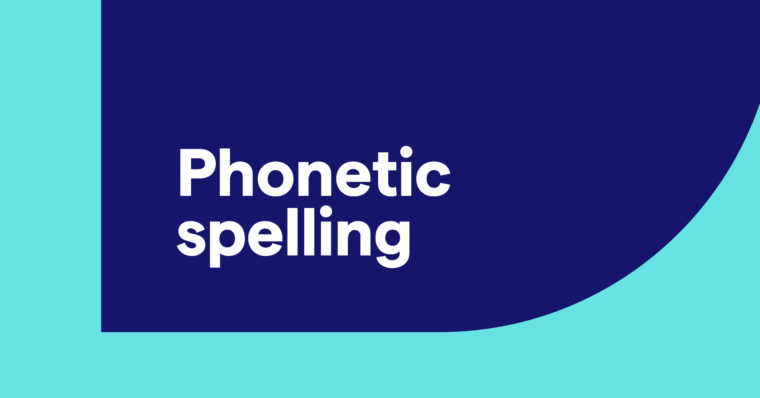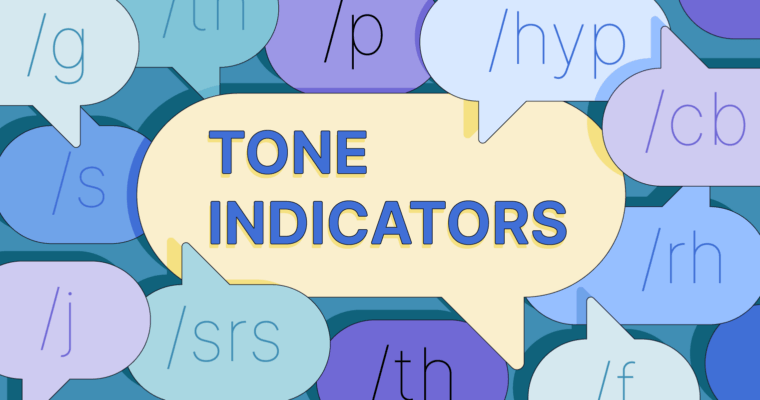
When you ask about the meaning of a word, “use context clues” is not the answer you expect to hear. However, using context clues is vital for reading comprehension as a way to learn new words independently, without the assistance of other people or dictionaries. Context clues may not always be easy, but they are useful.
In this guide, we explain exactly how to use context clues so you can improve your English on your own and at a faster speed. Below, we list the eight most common types of context clues and provide context clue example sentences so you can apply these lessons yourself.
What are context clues?
Context clues are hints and extra information in a sentence or passage that help you understand the meaning of an unknown word. Context clues essentially let you learn new words without outside assistance, like from a teacher or dictionary.
Context clues are quite useful in reading comprehension because they help you define tricky words in English right then and there, without having to consult a dictionary or other source. This can speed up the reading process so you don’t have to pause all the time.
Keep in mind that context clues can only do so much; if you consider them and you’re still unclear about a word’s meaning, it’s best to just look it up. Where context clues really come in handy are texts with a lot of unknown words, or words that seem familiar except you can’t quite remember what they mean.
As the word “clue” suggests, context clues require some thought. You have to play detective a little bit by putting all the clues together to get the word’s full meaning. Often, that means using two or more different types of context clues together to reveal different sides of a word’s meaning. Below, we talk about the popular types of context clues so you know what to look for.
8 types of context clues
Context clues can come in a variety of different forms, but the eight types of context clues below pop up most often. We’ll discuss each in detail in the next sections, along with context clue example sentences.
1 in-text definitions
2 examples
3 synonyms
4 antonyms or contrast
5 root words and affixes
6 mood or tone
7 cause and effect
8 inferences
1 Types of context clues: In-text definitions
The easiest and most helpful type of context clue is when a definition is provided directly in the text. A lot of times, an appositive or adjective clause will come after an unknown word to explain what it is.
Context clues example sentences
Abigail knew that to get a catfish, she would have to try bottom fishing, a technique of dropping the lure to the water floor to catch the fish that dwell there.
The mechanic needs to replace the entire exhaust manifold, which is a series of pipes that combines exhaust from different places into one pipe.
2 Examples
Sometimes, you can guess the definition of a word by seeing some of its examples. You may be familiar with some of the specific examples without knowing what category those things belong to.
Context clues example sentences
Arthropods like millipedes, dragonflies, and scorpions grew to enormous sizes during the Carboniferous period, about 350 million years ago.
Some of my favorite cooking ingredients—soybeans, chickpeas, and lentils—are legumes.
3 Synonyms
You can easily understand a new word if you can tell it has the same meaning as another word you already know. Sometimes difficult words are used near a context clue synonym; if you can find the synonym, you can guess the meaning of the unknown word.
Context clues example sentences
We’ll use the food court as our rendezvous, unless you can suggest a better meeting place.
The coach doesn’t allow taunting, so don’t let her hear you making fun of the other team.
4 Antonyms or contrast
Antonyms, words with opposite meanings, can be context clues like synonyms. Look for certain cue words like but, however, although, or other phrases that suggest a contradiction or contrast. Keep in mind that you have to reverse the antonym’s meaning to reveal the definition of the unknown word.
Context clues example sentences
Mika seemed genial at first, but when we started discussing politics she became hostile and even rude.
Even though he was prejudiced as a teenager, his life experiences as an adult led him to be more accepting and open-minded.
5 Root words and affixes
Root words are small parts of words (called morphemes) that each carry their own meaning. Root words can change their meaning or word class by combining with different affixes, the prefixes and suffixes that come before and after words. If you’re familiar with the root words and affixes in an unknown word, you can figure out its meaning.
Context clues example sentences
The student chose to specialize in dermatology.
(The root word derma means “related to skin,” while –ology and –tology are suffixes for scientific disciplines. Therefore, dermatology must be the scientific study of skin.)
To me the movie was indescribable . . . because I fell asleep halfway through.
(The prefix in- often negates the meaning of the root word that follows, so indescribable must mean “not describable” or “can’t be described.”)
6 Mood or tone
If you’re struggling to find the meaning of a word with context clues, you can use the mood or tone of the passage to help. We’ve discussed tone versus mood before, but to recap, tone refers to details like word choice or punctuation and how they affect the attitude of a piece of writing, whereas mood refers to broader writing choices like themes or topics and how they affect the atmosphere of the text as a whole.
While mood or tone may not reveal the precise definition of an unknown word, they can still hint at what kind of word it is. This is better than nothing when there are no other context clues present.
Context clues example sentences
What this grim, ungainly, ghastly, gaunt, and ominous bird of yore Meant in croaking “Nevermore.” —“The Raven,” Edgar Allen Poe
(If you don’t know what grim, ungainly, ghastly, gaunt, or ominous mean, you can still guess that their definitions are gloomy and dismal from the mood and tone of the poem.)
He is jubilant as a flag unfurled— Oh, a girl, she’d not forget him. My own dear love, he is all my world,— And I wish I’d never met him. —“Love Song,” Dorothy Parker
(You may not know what jubilant means, but you can tell it’s positive and complimentary from the rest of the poem’s tone.)
7 Cause and effect
In English, words like because, so, therefore, and thus show a cause-and-effect relationship. If you understand the words explaining either the cause or the effect, you can guess the meanings of the other words as long as you understand how the relationship works.
Context clues example sentences
She wanted to dress her best for the prom, so she asked to borrow her mother’s finest adornments.
Because of the kalopsia from his puppy love, he couldn’t see any of the warnings or red flags.
8 Inference
Last, you can put various types of context clues together to infer the meaning of a new word. Simply look at the rest of the sentence or passage and review the words you do understand; does their meaning help you with the unknown word or words?
Context clues example sentences
The soldiers are tired, unmotivated, and falling into despair; we desperately need to raise morale.
Everything I did or said, he complimented. It was cute at first, but by the end of the night it got annoying. I’m never dating a sycophant again.
Context clues FAQs
What are context clues?
Context clues are hints and extra information in a sentence or passage that help you understand the meaning of an unknown word. Context clues essentially let you learn new words without outside assistance like a teacher or dictionary.
What are some common types of context clues?
Context clues can be anything that helps you understand the meaning of an unknown word. However, some of the most common and effective types of context clues are in-text definitions, listed examples, synonyms, antonyms, root words/affixes, mood/tone, cause and effect, and inferences.
Why are context clues important to reading comprehension?
If you encounter words you’ve never seen before, context clues can help you define them right then and there, without having to pause to consult a dictionary or other source. This can quicken the reading process so you don’t have to stop to check a dictionary app all the time.





